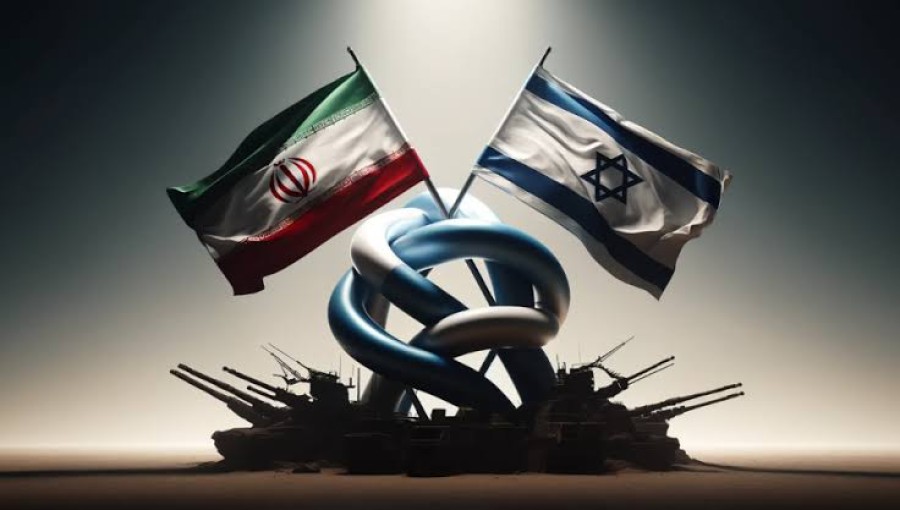The recent exchange of hostilities between regional powerhouses Iran and Israel has left the international community pondering the implications of escalating tensions in the Middle East. In a surprising turn of events, Iran deployed drones and missiles into Israeli airspace, prompting a swift but muted response from Tel Aviv.
Despite warnings from Western allies urging restraint, Israeli Prime Minister Benjamin Netanyahu opted for a retaliatory strike against Iran. However, the effectiveness of Israel's response has been called into question, with many viewing it as a diplomatic misstep rather than a strategic victory.
The confusion surrounding the incident stems from Israel's reluctance to acknowledge its involvement in the attack, which targeted Iranian territory near the city of Isfahan. While explosions were reported in Isfahan, Iran asserted that its air defense system successfully intercepted and destroyed Israeli drones monitoring the area.
The aftermath of the skirmish has left Tel Aviv grappling with the repercussions of its failed mission. Israeli defense forces have refrained from claiming responsibility for the attack, underscoring the embarrassment of their inability to inflict significant damage on Iran.
In contrast, Tehran has capitalized on the diplomatic ambiguity surrounding the incident, portraying the counterattack as a measured response to Israeli aggression. By downplaying the severity of the attack and refraining from overt retaliation, Iran has positioned itself as a pragmatic actor seeking to avoid further escalation.
International observers have interpreted Iran's restrained response as a diplomatic victory, signaling a willingness to de-escalate tensions and pursue peaceful resolutions. While Iran has refrained from issuing official statements or threats of retaliation, it has subtly conveyed its readiness to engage in dialogue to defuse the situation.
Meanwhile, the repercussions of the confrontation have reverberated across global markets, with Asian stocks and bonds experiencing a downturn in response to the heightened geopolitical tensions. The price of gold and crude oil has surged amid concerns of a potential conflict in the Middle East.
Despite the apprehension surrounding the situation, analysts remain optimistic that Israel is unlikely to pursue a full-scale war against Iran, recognizing the inherent risks and consequences of such a drastic escalation. As diplomatic efforts continue to unfold, the world watches with bated breath, hoping for a peaceful resolution to the brewing conflict in the Middle East.





























Comment: